Tripoli Unveiled: Sun, Souks, and Stories from the Mediterranean’s Edge
If Rome is the eternal city, then Tripoli is its mirage—hazy with history, brilliant with contradiction. Set on the sunlit lip of North Africa, this Libyan capital is a whisper between centuries, where Phoenician ghosts and Ottoman elegance converse in Arabic beneath Italianate balconies.
The City That Hums in Layers
Tripoli doesn’t just exist—it accumulates. A walk through the Old Medina is a scroll unrolling: alabaster alleyways, crumbling archways, and cats that look like they’ve been here since Carthage. Every turn is a timeline.
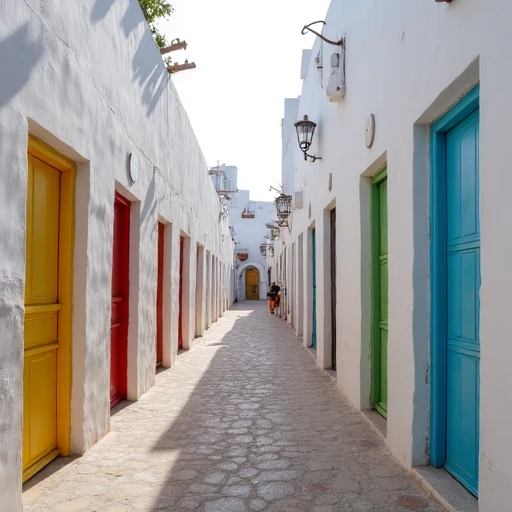
In the market, or souk, you smell leather before you see it. Brass teapots shine like molten moons, and the shopkeepers speak French, English, and sometimes perfect silence. The scent of spices? It clings to your passport.
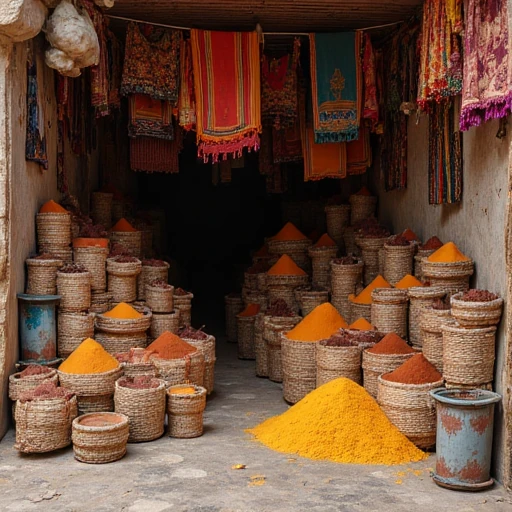
Espresso Under Minarets
One morning, I drank espresso on a rooftop café across from the Gurgi Mosque. Below, the city jostled in quiet choreography. No rush. Just the rhythm of prayer calls and mopeds.
Tripoli blends Mediterranean chic with desert gravity. Bougainvillea spills from balconies over sea-facing cafes. You may sip fresh pomegranate juice while listening to Bob Marley—freedom is a frequency here.
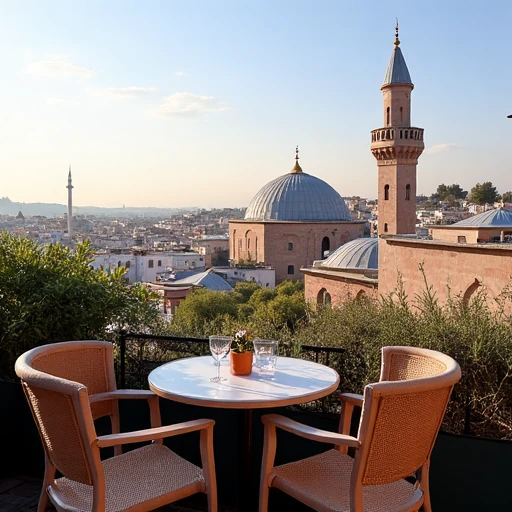
Where Rome Ends and Libya Begins
A day trip to Leptis Magna is mandatory. Only an hour away, this Roman ruin feels like it was left mid-conversation. The amphitheater, the baths, the forum—they all outshine anything in Italy for one reason: they’re barely touched.
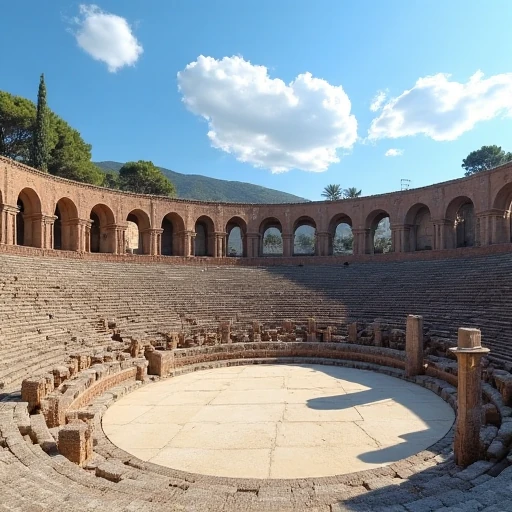
It’s just you, the stones, and the Mediterranean breeze. A UNESCO World Heritage site that doesn’t scream. It whispers.
Shopping with Soul
Tripoli’s duty-free culture is subtle but satisfying. Look for artisanal oils, desert truffles, embroidered scarves, and silver Berber jewelry. Nothing mass-produced. Everything layered with story.
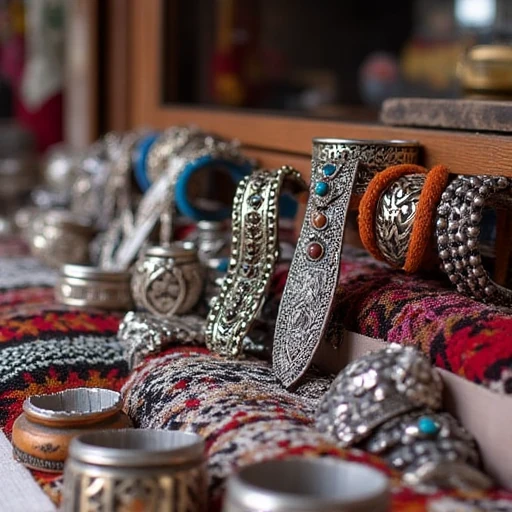
Local perfumers bottle nostalgia in musk and oud. Try a whiff, and suddenly you’re walking the old Silk Road.
Last Call at the Corniche
Evenings glow here. Along the Corniche, families stroll, vendors sell roasted corn, and young people take selfies against the violet sea. Libya is healing—slowly, hopefully. And Tripoli is its brave, breathing heart.
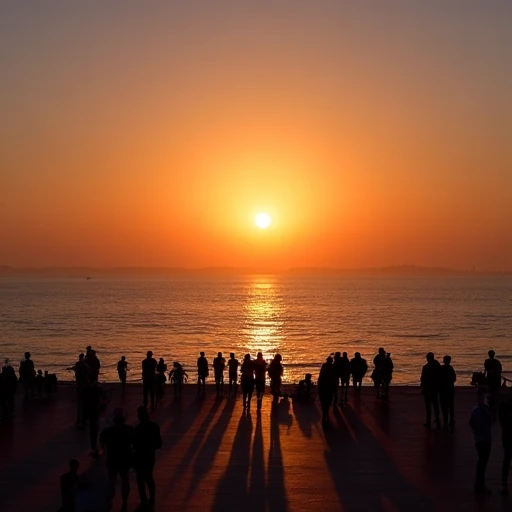
Know Before You Go:
-
Visa regulations can shift—check ahead.
-
Dress modestly; respect local customs.
-
Bring cash—cards aren’t always accepted.
-
Expect generosity. And the best dates you’ve ever tasted.
Tripoli isn’t for checklist travelers. It’s for wanderers, romantics, and listeners.
It’s not loud, but it lingers.